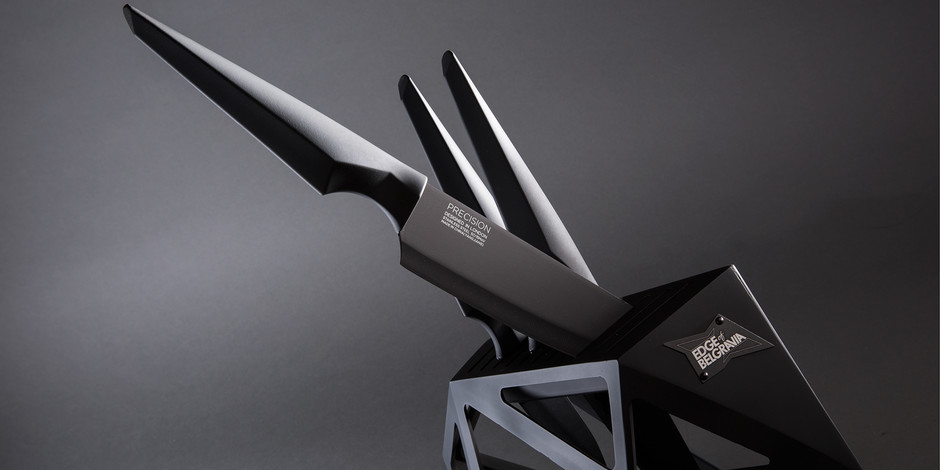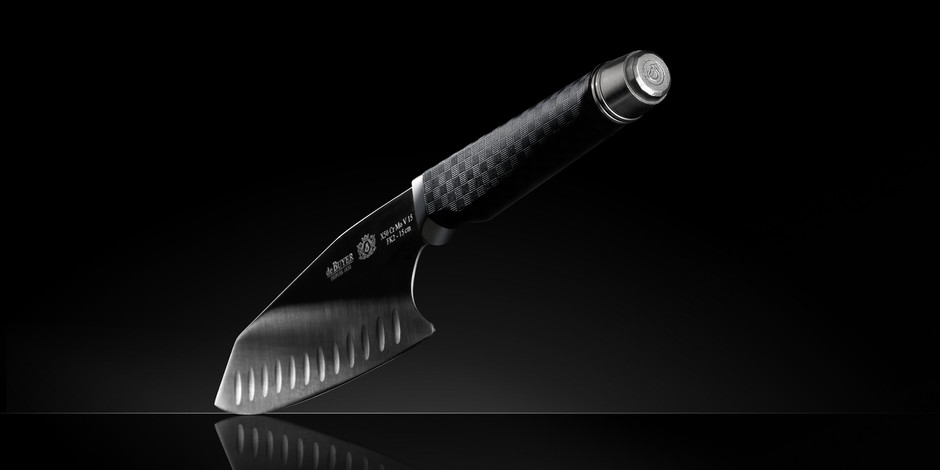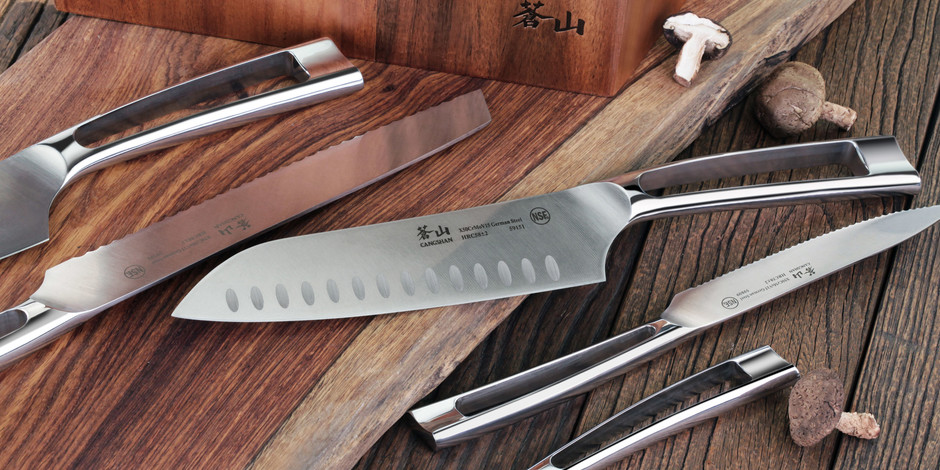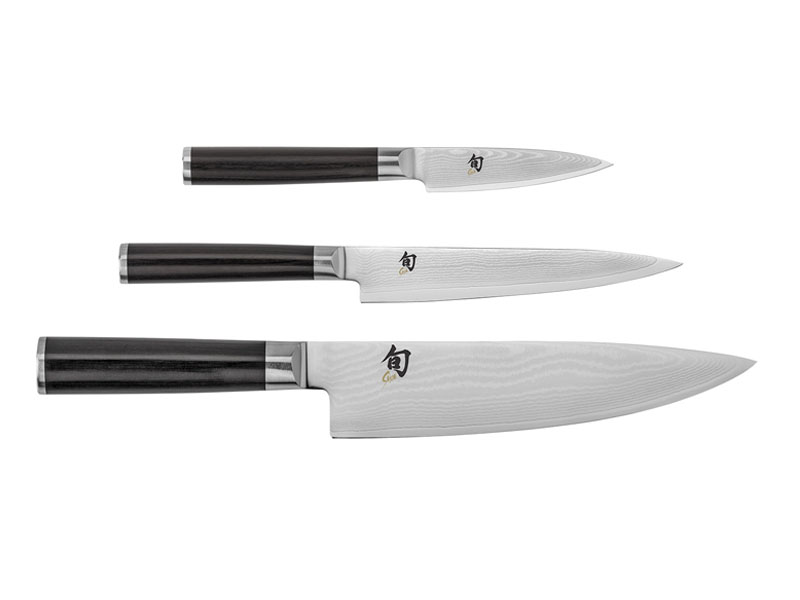We may not think of cutlery as a major investment, but consider it: you’re using your knives once or more a day, and you expect it to retain the same polish and utility to impress dinner guests years in the future. The right piece can last as long as you care to keep it, which means buying a new set of knives is just the start of a beautiful and long-lasting culinary relationship.
Cutting:
Sure, knives are made to cut. But there are techniques you can adopt to ensure that its cut stays honed without constant sharpening. After all, daily use is what dulls blades, so the way you use it can have a major impact.
First, pay attention to the cutting surface you’re using. Wood or polypropylene cutting boards are not hard at all on your cuts, unlike harder cutting boards. Ceramic, glass, tile, marble, and granite all look good in the kitchen — but they’re simply too hard on your knives to help them stand up to serious food prep.
Secondly, use the right knife for the job. Different blades can withstand different things, which is why a good knife set is superior to the one piece you apply to everything. A kitchen knife, for example, cannot do the heavy-duty cutting that a good chef’s knife can. There’s a reason knives have names — pay attention to which one is built to cut bread, and which are ready to help you break down a bird, and your knives will last a lot longer without needing to be re-sharpened.
Different blades can withstand different things, which is why a good knife set is superior to the one piece you apply to everything.
Lastly, the way that you handle a knife can have a major impact on the way a knife wears down. Pay attention to your slices — keep them smooth, pushing the knife down and pulling it back up, rather than lifting it up can cause excessive wear and tear. A sharp blade should allow a precision cut with the knife that does most of the work for you. Building new knife skills will also make your cuts cleaner, help you prep more quickly, and add an impressive skill to your chef’s arsenal.

Cleaning:
Wait, cleaning knives can damage them? Seems backwards! And yet, just as a good cleaning can preserve your cookware, a bad one can damage it just as easily. Hand-washing is best, as dishwashers can cause unnecessary stress on your knives. Keep an eye out for the soap you’re using as well. Gentle dish soap does the trick, while any bleach or citrus-heavy soap will induce corrosion. Water alone can damage your blades if they’re left sitting out while wet, so drying them immediately is important — another reason to avoid that dishwasher.
Once you’re done cleaning your knives, proper storing is essential. Leaving blades loose is not only dangerous, but can encourage moisture to stick around unwanted.

Sharpening:
A well-maintained knife is a long-lasting knife, and proper honing and sharpening is a major part of that. Honing is a lesser measure, which can be done weekly, to lengthen the amount of time between needing to fully re-sharpen your knives. If you don’t have the honing steel or whetstone required, consider getting one! A dull knife is much more dangerous than a properly-sharpened one.
Sharpening can be done by a professional, or even sent to its makers for free, in the case of some brands such as Shun. Check to see if your blades come with free sharpening upon purchase – some have guaranteed professional upkeep throughout their entire lives. Knife sharpening is a useful skill to get to know for yourself as well — take on this skill, and you’re sure to find it useful for years to come.

Summary:
Proper knife care requires proper handling, storage, and sharpening. Avoid using hard cutting surfaces, using the wrong knife, or excessive soap and water while washing. Honing your knife helps keep it safe between professional sharpenings.





